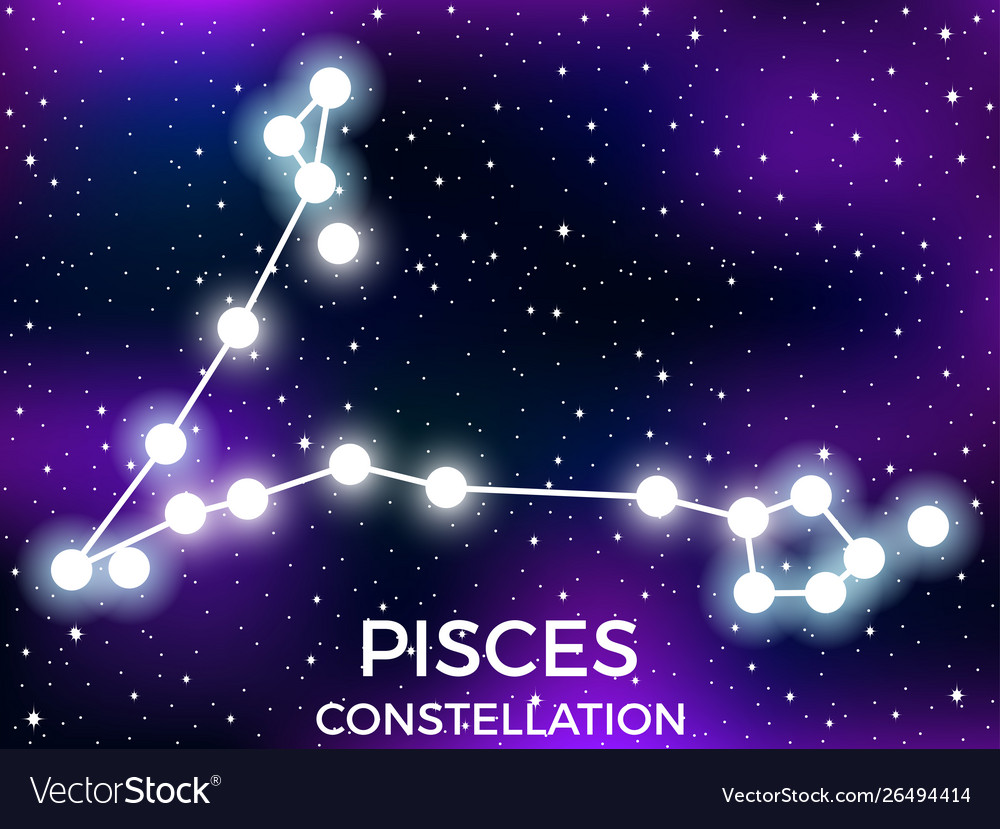
Two such submersibles lead oceanographic research and exploration efforts in the Pacific Ocean, operated by the Hawai’i Undersea Research Laboratory ( HURL) at the University of Hawaii. Since the creation of the first practical bathysphere in 1934, manned submersibles have evolved as one of the most effective tools for deep-sea exploration, bringing crew and scientists to depths several thousand meters below the ocean’s surface. So how do scientists study the deep sea? Great advances in technology over the last century have enabled researchers to have a presence at depths far beyond those attainable by traditional scuba diving. Yet, less than 5% of this global habitat has ever been investigated, due in large part to the inaccessibility of this hostile space where extreme pressures, low temperatures, and near darkness dominate. Broadly defined as the ocean and seafloor lying below 200 meters, the deep sea is by far the largest biome on Earth covering well over half of the surface of the planet. It is the great frontier, the endless unknown about which we know so little. We specialize in collaborations, working with diverse peoples, and working across sectors to create the greatest positive impact for ocean research money and time.By Jessie Perelman, Safina Center Launchpad FellowĮxploring the deep ocean is by no means a simple task. We are a research and development project management company with a focus on ocean research.Through our work as project managers in the ocean research sector, we see an opportunity to build better collaborations in ocean research and monitoring. For Pisces RPM, this means continuously educating ourselves and our clients to ensure we work with Indigenous governments, organizations, and communities in respectful, transparent, and inclusive ways. Kes has a PhD in Marine Ecology, a Project Management Professional certification, and a Certificate in Financial Management.Īt Pisces Research Project Management, we are committed to meaningful collaborations with Indigenous Peoples. Pisces is fully owned and run by Kes Morton, an experienced manager, scientist, and communicator, with over 15 years of management and research experience in industry, academia, and government.

Pisces believes that people do their best work when on work they enjoy – and so Pisces was founded to enable people to do the things they love – and outsource their research project management needs to the experts at Pisces. As a result, people were devoting large amounts of time to something they didn’t like doing – project management. There were too many projects operating inefficiently, often because the project did not necessitate a full time project manager. Pisces was founded by Kes Morton in 2017 after managing more than $170 million CAD over 15 years of ocean research projects.


Pisces maintains honest, transparent and fun relationships, and brings these principles to our project management services to give researchers and businesses back their time. We’ve all worked in multiple sectors and we do our best work enabling projects at the intersection of two or more sectors. We are committed to creating positive, true, and mutually beneficial collaborations. Pisces Research Project Management is a research and development project management company passionate about making the greatest positive impact for our ocean research money and time.


 0 kommentar(er)
0 kommentar(er)
